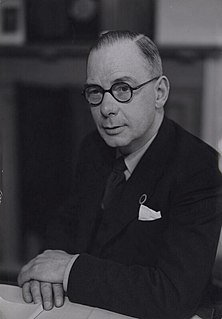A Quote by Catherine the Great
The use of torture is contrary to sound judgment and common sense. Humanity itself cries out against it, and demands it to be utterly abolished.
Related Quotes
Common sense is science exactly in so far as it fulfills the ideal of common sense; that is, sees facts as they are, or at any rate, without the distortion of prejudice, and reasons from them in accordance with the dictates of sound judgment. And science is simply common sense at its best, that is, rigidly accurate in observation, and merciless to fallacy in logic.
In thinking of light, if we can think about what it can do, and what it is, by thinking about itself, not about what we wanted it to do for other things, because again we've used light as people might be used, in the sense that we use it to light paintings. We use it to light so that we can read. We don't really pay much attention to the light itself. And so turning that and letting light and sound speak for itself is that you figure out these different relationships and rules.
I am against portraying China as the demon of the global community. China has grasped more quickly than other countries what globalization means and what it demands. The country has learned how to use other people's innovations for itself. India, incidentally, is not far behind China in this respect. Both are not nations in the European sense, but rather cultural communities with enormous markets. The challenge of the future is to work out how to deal with that.
Jurors have found, again and again, and at critical moments, according to what is their sense of the rational and just. If their sense of justice has gone one way, and the case another, they have found "against the evidence," ... the English common law rests upon a bargain between the Law and the people: The jury box is where the people come into the court: The judge watches them and the people watch back. A jury is the place where the bargain is struck. The jury attends in judgment, not only upon the accused, but also upon the justice and the humanity of the Law.
If humanity doesn't destroy the planet first, which is always a possibility because as Spirit threw itself out there, that included free will. So, if we don't blow ourselves up first, soul will become as common of a mature development in adults as mind currently is and, eventually, Spirit will become the common experience for humanity.
A poet is an unhappy creature whose heart is tortured by deepest suffering but whose lips are so formed that when his sighs and cries stream out over them, their sound beomes like the sound of beautiful music . . . . And men flock about the poet saying, Sing for us soon again; that is to say, may new sufferings torture your soul, and may your lips continue to be formed as before.






































